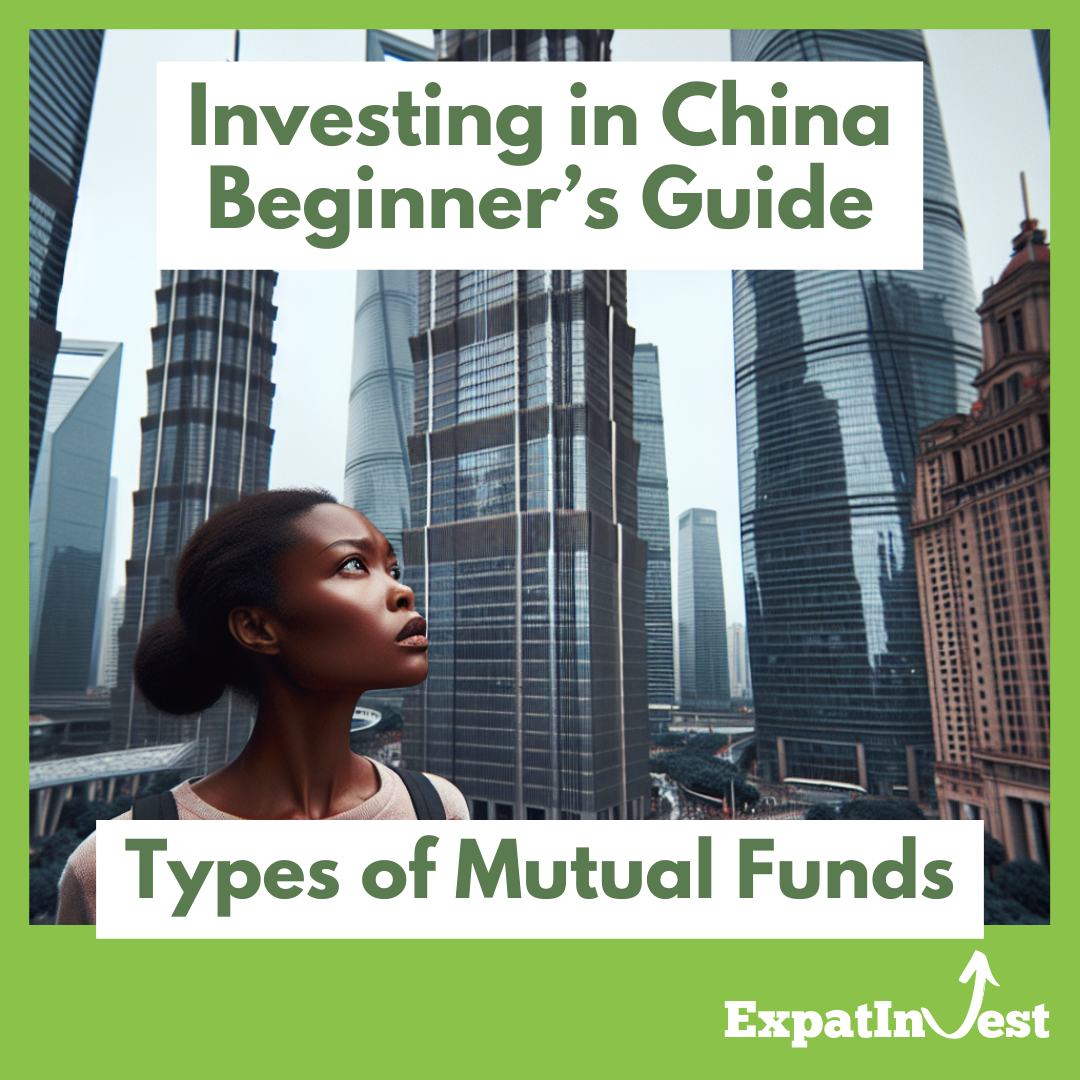Living in China as an expat can be an exciting and fulfilling experience. The country offers plenty of opportunities for career growth, cultural immersion, and travel. However, like any other place, living in China also comes with its fair share of risks. As an expat, it is important to understand and manage these risks, and this is where having a financial risk profile becomes crucial.
What Is a Risk Profile?
So, what exactly is a financial risk profile? Simply put, a risk profile is an assessment of an individual’s willingness and ability to take on risks. It is a tool used to help you understand your risk tolerance, and then use that information to allocate your investment portfolios accordingly.
There are generally three types of risk profiles: conservative, moderate, and aggressive. A conservative risk profile involves a low tolerance for risk, and individuals with this profile are more likely to prefer steady and stable investments such as bonds and Certificates of Deposit. On the other hand, moderate risk profiles are comfortable with moderate fluctuations in their investments and may have a mix of both conservative and aggressive investments. Lastly, aggressive risk profiles are willing to take on higher risks and may have a higher percentage of their investments in stocks and other volatile assets.
Why Is a Risk Profile Important
for Expats in China?
So, why is your risk profile important? One of the main reasons is that it allows you to make more informed decisions about your investments. For example, a young expat in China may be willing to take more risks as he will likely have time to make up his losses during his long career ahead. However, a senior executive nearing his retirement would rather be conservative as his retirement draw nears. By understanding your risk tolerance, you can choose investments that align with your goals and comfort level. For example, if you have a conservative risk profile, it may not be a good idea to invest a large portion of your portfolio in stocks, which are known to have greater volatility.
Moreover, having a risk profile also helps you in managing your emotions and avoiding impulsive decisions. As an expat living in a foreign country like China, it is natural to feel a certain level of uncertainty and anxiety. These emotions can have a significant impact on your investment decisions, leading you to make choices that may not necessarily be in line with your long-term goals. By having a risk profile, you have a framework to guide your decisions, which can help you stay on track even during turbulent market conditions.

Every China expat is unique. Your risk profile will reflect the amount of risks you are able and willing to take. Do not take risks you are not comfortable with or cannot afford.
What Are the Options?
Now, let’s dive into the options for portfolio allocation. As mentioned earlier, the allocation of your portfolio should be based on your risk profile. For conservative risk profiles, a majority of the investments should be in safe and stable assets such as government bonds, high-quality corporate bonds, and cash. These investments may not offer high returns, but they provide a level of safety and stability.
Moderate risk profiles can have a mix of both conservative and aggressive investments. This could include a higher percentage of stocks, as well as some bonds and cash. By having a combination of different asset classes, you can reduce the overall risk of your portfolio while still having growth potential.
For expats with aggressive risk profiles, a higher percentage of their portfolio can be invested in stocks, mutual funds, and other higher-risk assets. These investments offer the potential for higher returns, but they also come with a higher level of risk. It is important to note that while aggressive investments may have higher returns, they also involve a greater risk of losing money.
When it comes to expats living in China, your risk profile may also be impacted by the country’s unique economic landscape. China has been experiencing rapid economic growth, and as an expat, you may have a higher exposure to Chinese markets through your job or investments. This may allow you to have a more specialized or nuanced risk profile, taking into consideration the potential risks and advantages associated with China’s economy.
Conclusion
In conclusion, having a risk profile is crucial for expats living in China. It allows you to make informed decisions about your investments, helps in managing your emotions, and can guide you in achieving your long-term financial goals. There are tests online to determine your risk profile, Forbes and Vanguard offer a free quick test. Of course, as usual, consulting with a financial advisor can also help you make an informed decision based on your specific financial situation.








